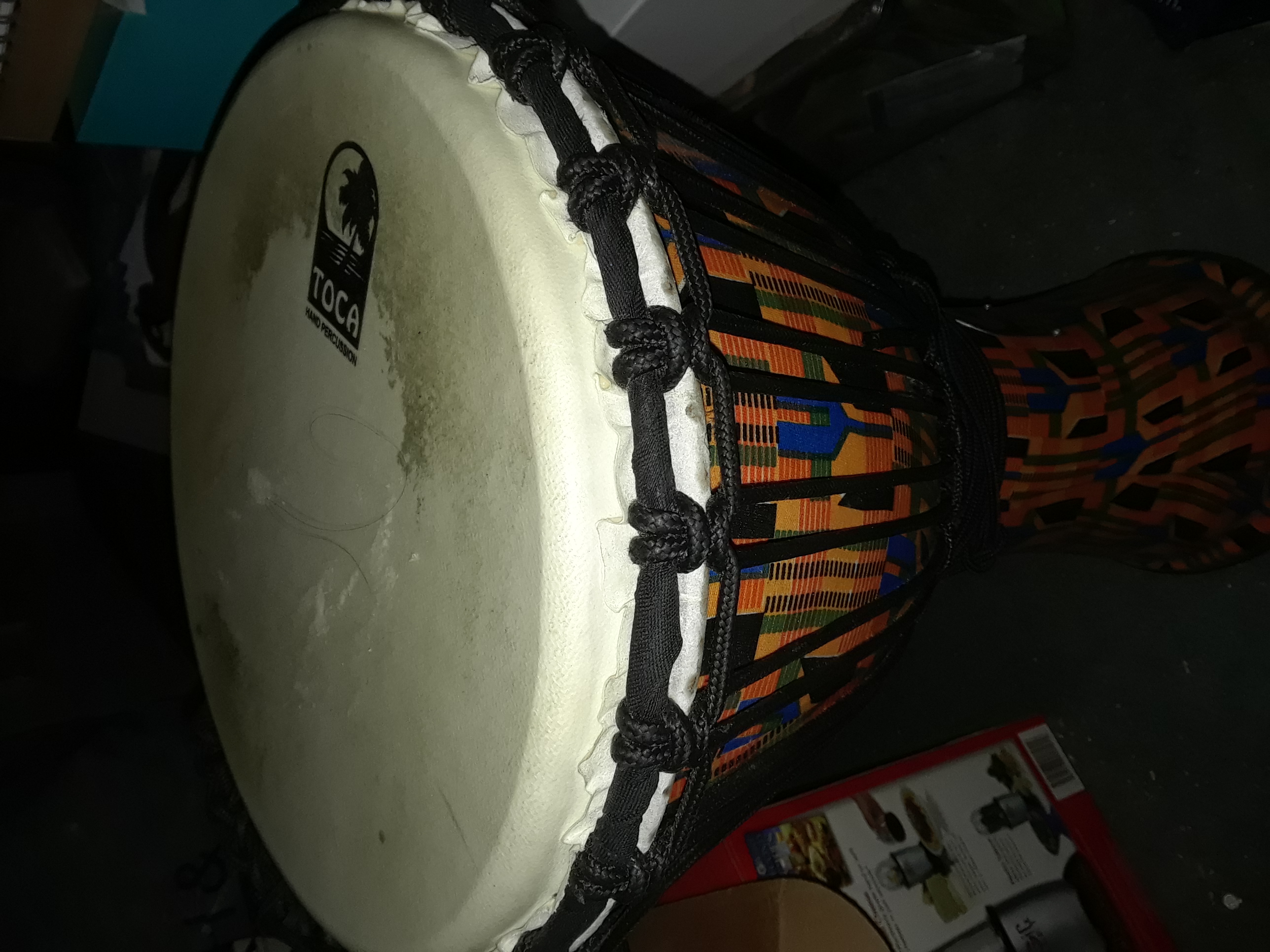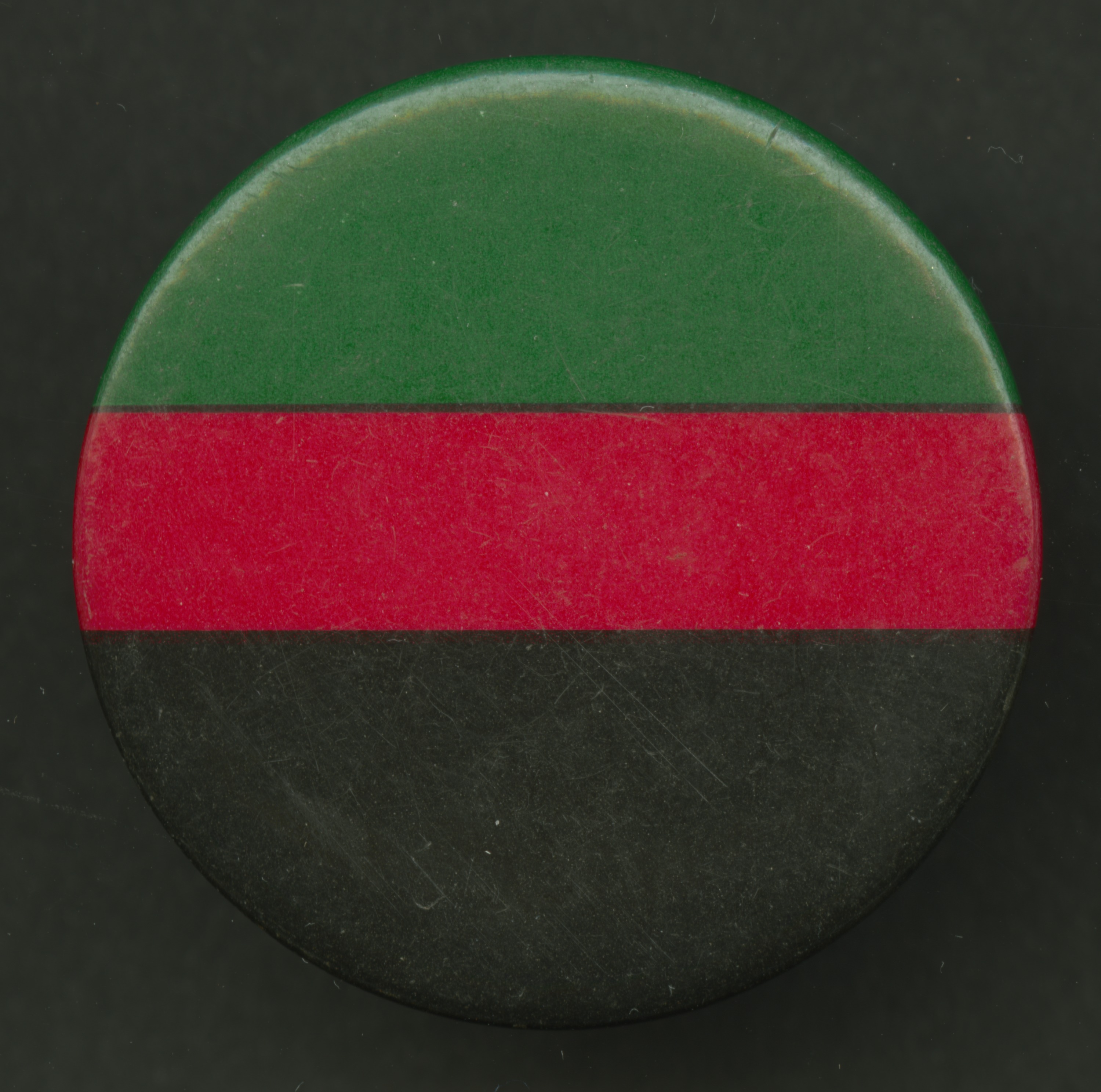
Image Courtesy of Pat M. of Greenbelt, Md.

NMAAHC-Community Account
On June 6, 2020, I participated in a Drum Circle for #BlackLivesMatter/#SayTheirNames even though it is dangerous for me to go out because of COVID-19. As I was drumming on my Djembe, I was thinking about my paternal Great-grandfather, Benjamin M. McCoy, and how he put himself at risk. Here's what I have learned about my Great-grandfather, Benjamin M. McCoy: He was born circa 1810-1815 in Washington, D.C. to Hannah, a former slave and George McCoy. (Benjamin's father is listed in the 1820 Census but is no longer listed by the 1830 Census. I presume that he died between Censuses.) I believe his mother's experiences as a slave shaped his perspective and influenced his life's work. Up until 1833, he attended Foundry Methodist Church in Washington, D.C. Because of the segregation in church, he felt the need to leave Foundry M.E. Church and establish a separate church, Asbury Methodist, which still exists to this day in Washington, D.C. Prior to 1833, he was a religious educator. According to my research, back then it was illegal for any Person of Color to know how to read and write. For him to also be an educator was possibly dangerous. In 1833, Benjamin went to Columbia, Lancaster County, Pennsylvania, to teach school. I've also learned that the Underground Railroad was operating there at the same time. (I wouldn't be surprised that he was helping the Underground Railroad given that he was the son of a former slave.) By 1837, he had returned to Washington, D.C. and he began and operated a public school for Children of Color. During the Civil War, President Lincoln and his administration had been discussing a plan to send all the freed slaves to Panama. On August 14, 1862, Benjamin M. McCoy was part of a 5-man delegation invited to the White House to meet with President Abraham Lincoln to debate this plan. During the 41st Congress, 2nd Session, 1870-1871, Benjamin is mentioned in the Congressional Records titled: "Special Report of the Commissioner of Education on the Condition and Improvement of Public Schools in the District of Columbia". During the early 1870's, Benjamin McCoy was elected to the Board of Common Council in Washington, D.C. (The precursor to the D.C. City Council?) This election is discussed in the book: "The Uncivil War: Washington During Reconstruction" by James H. Whyte copyright 1958. During his lifetime, he helped to establish Columbian Harmony Cemetery. When he died on May 30, 1884, he was buried there on June 1, 1884. Some time, during the 1950's, Columbian Harmony Cemetery was moved from Northeast D.C. to Landover, Prince George's County, Maryland and is now known as Harmony Memorial Park Cemetery. Benjamin has a section of that cemetery named after him, the McCoy Section. Given what my Great-grandfather did during his lifetime, how could I possibly stay home and stay silent? I hope that my drumming honored him and honors #BlackLivesMatter.
This story was submitted by Pat M. of Greenbelt, Md. For more information on how to share, email NMAAHC-Community@si.edu.